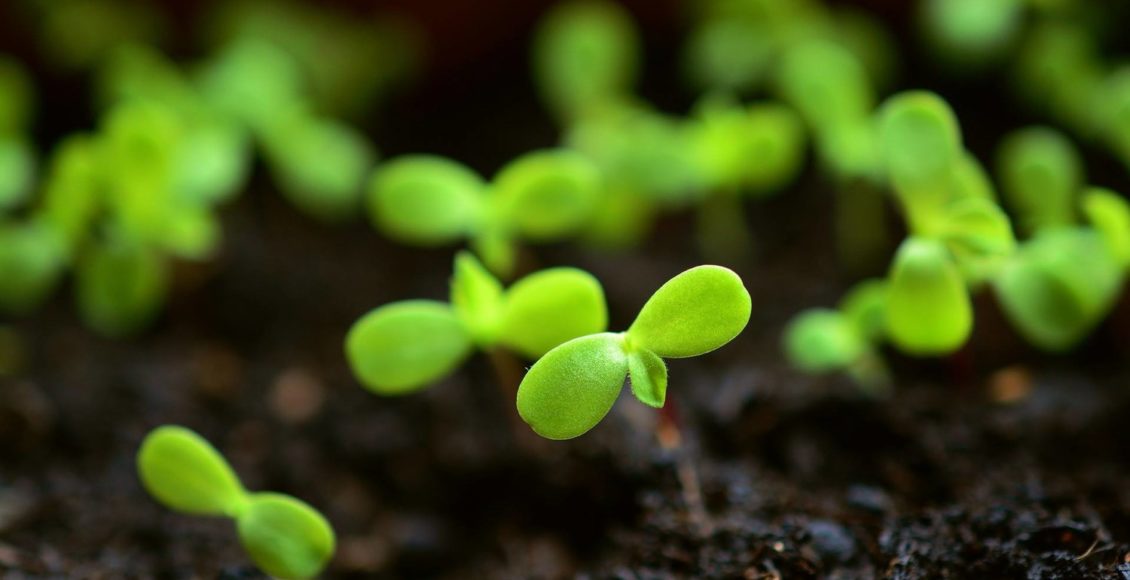
Need for Bio-stimulants Regulations in Indian Agriculture
Bio-stimulants can neither be classified as fertilizers nor as pesticides but are plant growth improvement chemicals/semio-chemicals/microorganisms falling in-between fertilizers and pesticides which have the ability to enhance and stimulate the plant’s overall well-being of the plant. There is a large variance in the nature of bio-stimulants ranging from plant extracts, microbial to semio-chemicals, and hence are tricky to be defined. The current market for bio-stimulants in India is on a rise and it is predicted to witness a CAGR of 16.49% between 2018 to2023 to USD 180.949 million from USD 71.232 million in 2017 (1). The prominent players globally and in India include: BASF, AgriLife, Tradecorp APAC Pty. Ltd., Acadian Seaplants Ltd., Biolchim, Isagro, Koppert, Biostadt India Limited, Novozymes, Sapec Group, Valagro, Bayer, Coromandel International Limited, and Syngenta.
Bio-stimulants indirectly influence the quality of the soil and the plant health. Their ability to influence the plants’ reaction to environmental stress and climatic variations and facilitate nutrient uptake, makes them very valuable.However, due to the absence of a proper definition and lack of regulations, today, bio-stimulants are sold in the Indian marketswithout registration by the Central Insecticide Board & Registration Committee. Furthermore, owing to the unregulated markets, the claims made by the manufacturers of bio-stimulants can be speculative and are resulting in abundance of spurious products in the market.Globally too, there is a lot of confusion in the market among the retailers and farmers regarding the benefits of it.
For the first time in 2018, the Farm bill in the US had defined bio-stimulants. This is similar to the definition formally agreed in EU by the European Commission (EC). In 2018, additionally, EU also formally agreed upon a set of rules, as a stepping stone to create a functional regulatory framework for bio-stimulants and regulate the market, for selling them on the EU internal market with a CE-mark.
With the launch of several products falling into bio-stimulants’ category, this is the time that India needs to look in the direction of adopting a legal definition and setting up regulatory framework. This will help the industry, as they would be willing to invest in R&D and release better products in markets. The farmers will also be benefited as they will have access to better products that lead to healthy plants, safe environment and no risk to human lives with safe environment and humans and the risks.
The recent announcement by ICAR to set up a team to evaluate bio-stimulants market is a positive step towards forming the regulatory framework for bio-stimulants in India.To boost the development of bio-stimulants and increase the confidence among the consumers and retailers, it is vital that the industry have a clear definitive process for product testing and product introduction into the market, however this will largely depend on what kind of regulatory framework, Indian government adopts. Till then, we will have keep our fingers crossed and wait for the right regulatory systems in the country that benefits all stakeholders.
Reference:
- https://www.businesswire.com/news/home/20180601005526/en/India-Biostimulants-Market-Analysis-Forecasts-2018-2023-Projected
- http://www.biostimulants.eu/2018/11/ebic-urges-policy-makers-to-adopt-the-draft-fertilising-products-regulation/
- https://www.growingproduce.com/fruits/new-farm-bill-makes-way-for-plant-biostimulants/
- https://www.croplife.com/special-reports/biologicals/biostimulants-raring-for-regulation/
Author

 Grow Beyond
Grow Beyond 

